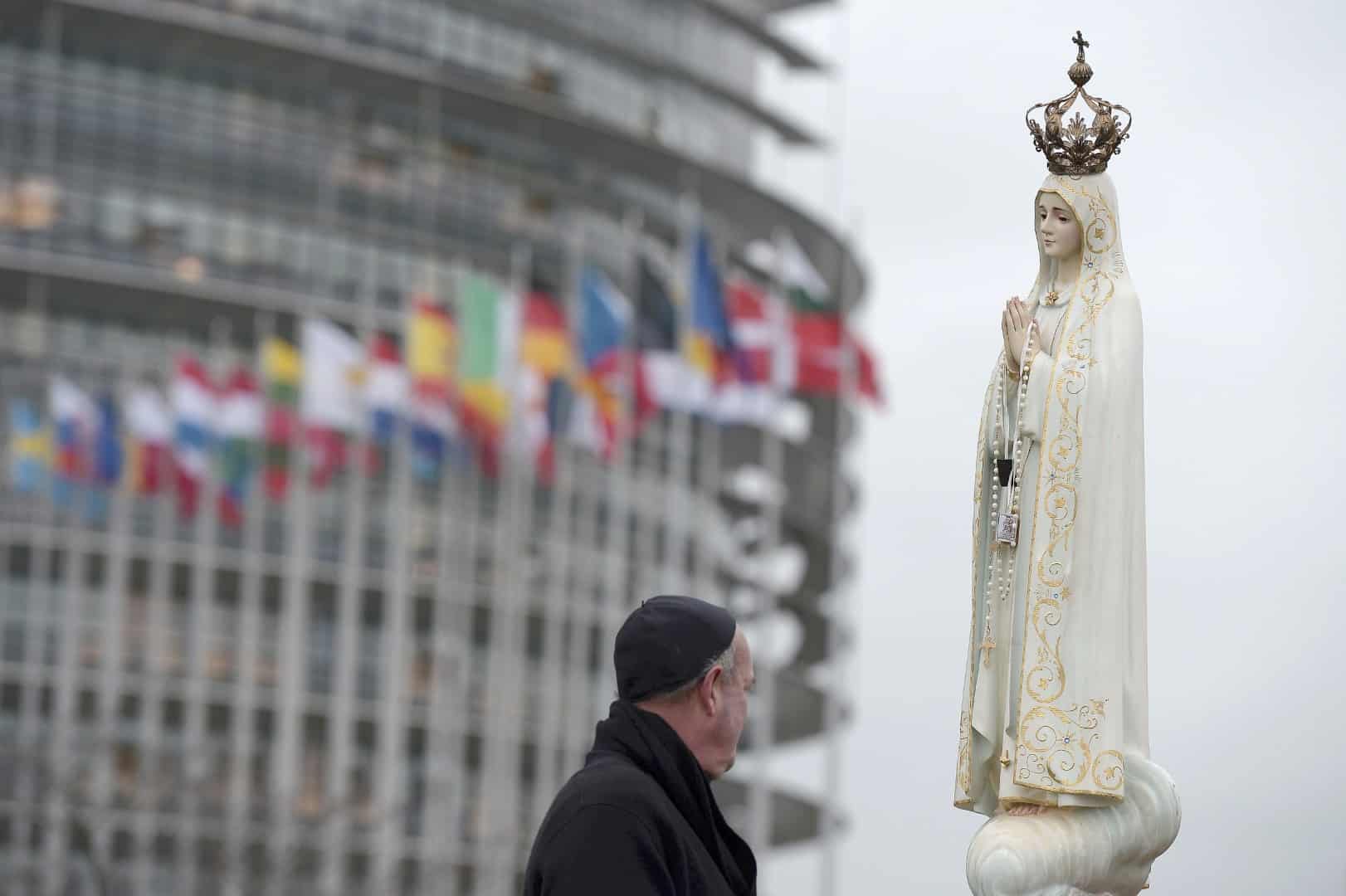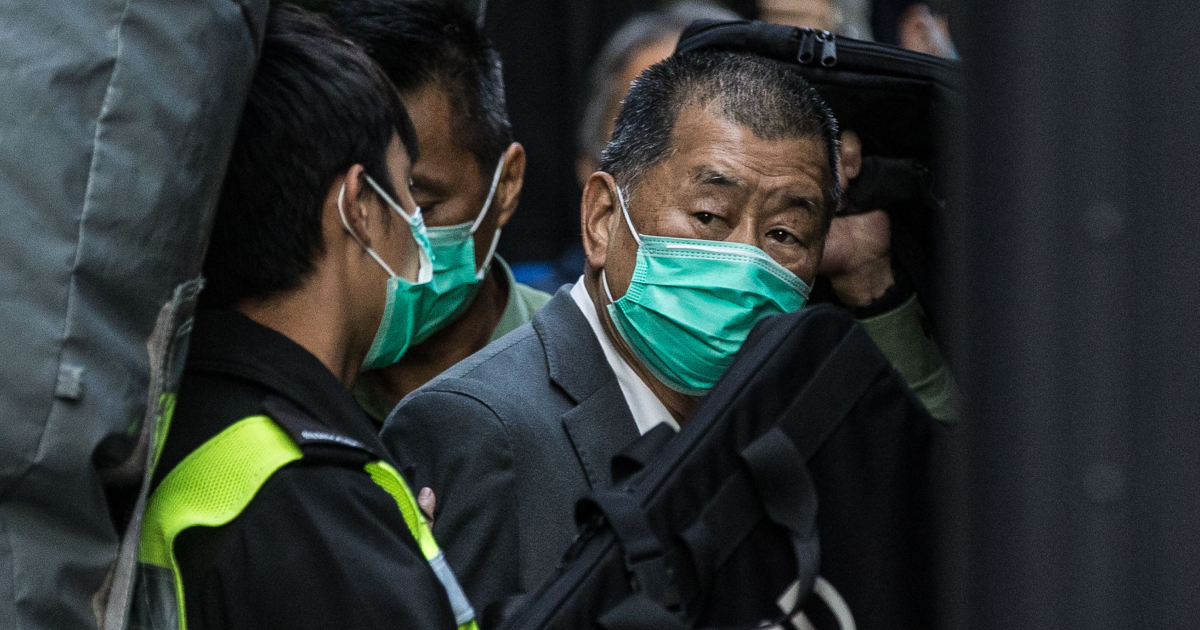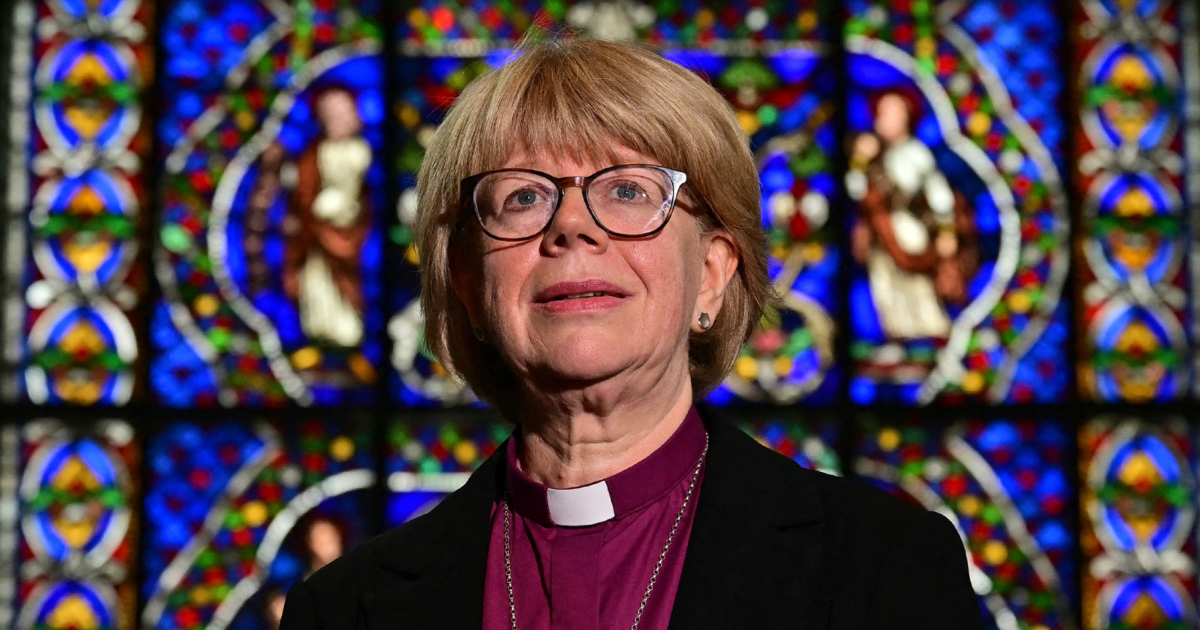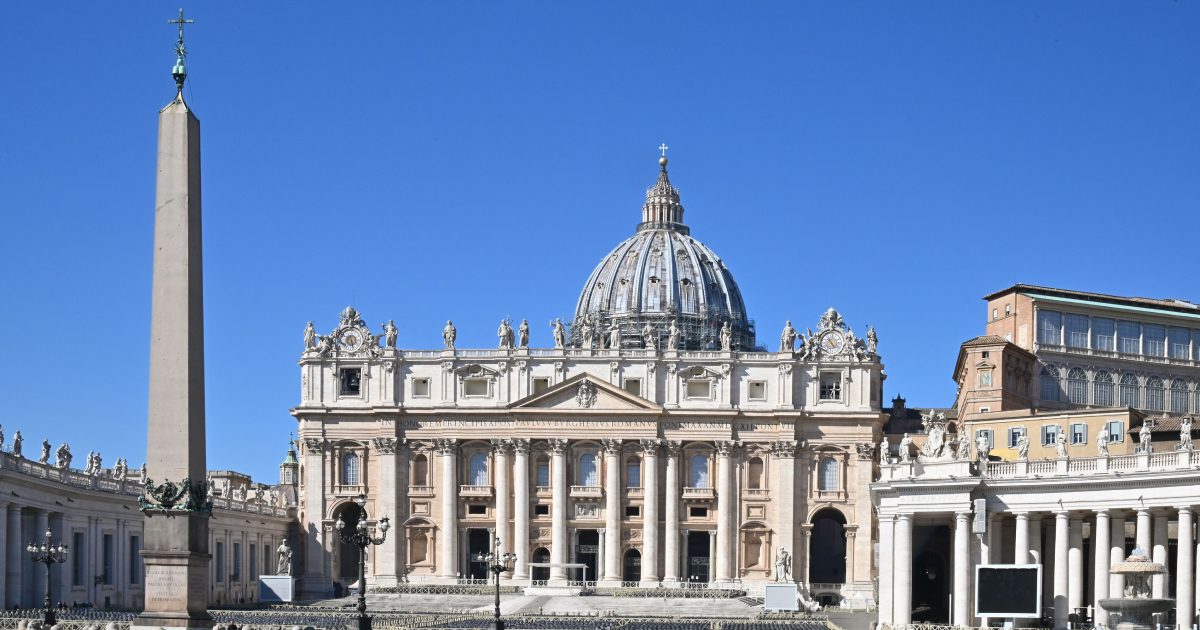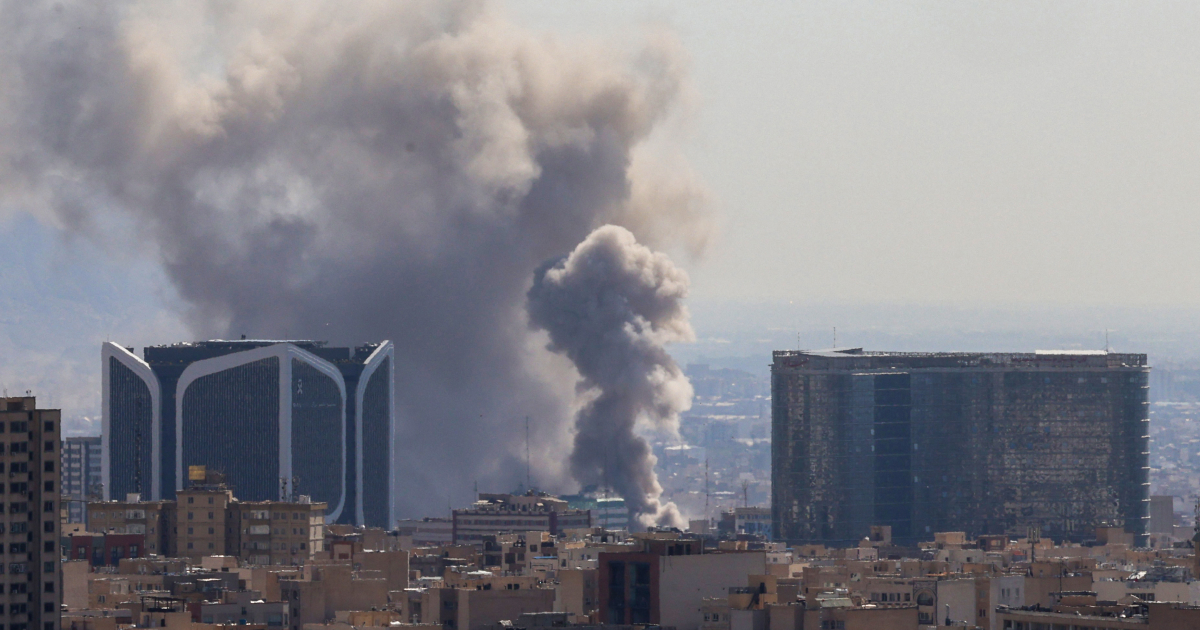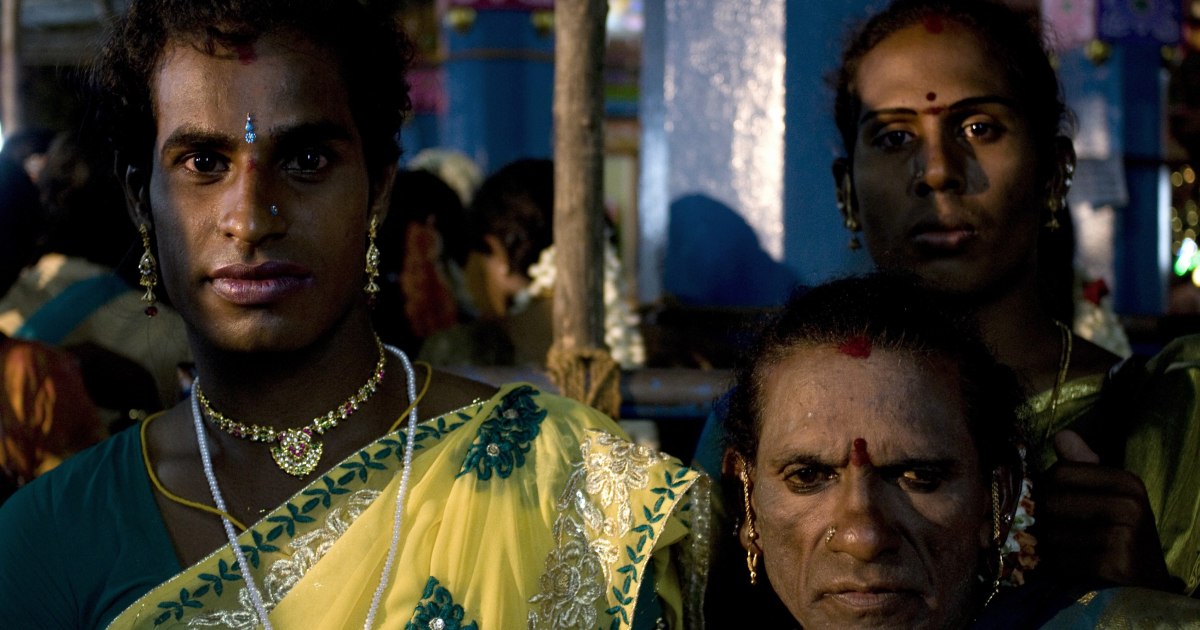The Bishops of the European Union have reiterated their firm opposition ahead of the upcoming vote on 11 April in Brussels on whether to include the right to abortion in the EU Charter of Fundamental Rights.
Decrying the proposition, and the imposing ideologies surrounding it, the European Bishops have reaffirmed that a human being, in any situation and at every stage of development, is always sacred and inviolable, reportsVatican News. The bishops warn that once this conviction disappears – as it would with the inclusion of the right to abortion – so do solid and lasting foundations for the defence of human rights.
The statement from the Bishops of the Bishops’ Conferences of the European Union (COMECE) was made ahead of the vote in the plenary session in Brussels this coming Thursday on the inclusion of the right to abortion in the EU Charter of Fundamental Rights.
The Bishops' statement also comes the day after the publication of Dignitas infinita, a document of the Dicastery for the Doctrine of the Faith that describes abortion as a "grave and deplorable" practice among its list of violations of human dignity.
The COMECE statement is titled "Yes to the promotion of women and the right to life, no to abortion and ideological imposition" and the bishops express their commitment to working for a Europe where women can live their maternity freely, and as a gift for them and for society, and where "being a mother" is "in no way a limitation for personal, social and professional life”.
"Promoting and facilitating abortion," they warn, "goes in the opposite direction to the real promotion of women and their rights."
The right to life, the COMECE Bishops argue, “is the fundamental pillar of all other human rights, especially the right to life of the most vulnerable, fragile and defenceless", such as the "unborn child in the womb of the mother, the migrant, the old, the person with disabilities and the sick”.
Recalling the Church's clear stance on this, they insist that with "all force and clarity...it must be stated that defending unborn life is closely linked to the defence of each and every other human right".
They warn that once one becomes incapable of understanding unborn life as something invaluable, then the foundations for the defence of human rights would always be, in the words of Dignitas infinita, "subject to the passing whims of the powers that be”.
The European Union, they say, "must respect the different cultures and traditions in the Member States and their national competences", and "cannot impose on others, inside and outside its borders, ideological positions on the human person, sexuality and gender, marriage and family”.
"The Charter of Fundamental Rights of the EU cannot include rights that are not recognised by all and are divisive," they stress, observing that there is no recognised right to abortion in European or International Law and that "the way this issue is treated in the Constitutions and Laws of Member States varies considerably".
The statement concludes with the EU Bishops observing that the Charter must respect the words of its own Preamble that states the need to recognise "the diversity of the cultures and traditions of the peoples of Europe" and the "constitutional traditions and international obligations common to the Member States".
The question of whether to include abortion in the EU Charter had previously appeared to have been dealt with and to have gone away. After the resolution was tabled on 7 July 2022 it elicited opposition of various member states, and thus went no further.
But it was brought back into play recently. Following the inclusion of the right to abortion in the French Constitution on 4 March, the debate on introducing abortion among the fundamental rights of the EU has been reopened at European level.
Photo: A cleric stands near a statue of the Virgin Mary that has been placed in front of the European Parliament building on the eve of the Pope Francis' visit to the European Parliament and the Council of Europe, Strasbourg, France, 24 November 2014. (Photo credit FREDERICK FLORIN/AFP/Getty Images.)
The Bishops of the European Union have reiterated their firm opposition ahead of the upcoming vote on 11 April in Brussels on whether to include the right to abortion in the EU Charter of Fundamental Rights.
Decrying the proposition, and the imposing ideologies surrounding it, the European Bishops have reaffirmed that a human being, in any situation and at every stage of development, is always sacred and inviolable, <a href="https://www.vaticannews.va/en/church/news/2024-04/comece-abortion-will-never-be-a-fundamental-right.html"><mark style="background-color:rgba(0, 0, 0, 0)" class="has-inline-color has-vivid-cyan-blue-color">reports</mark></a> <em>Vatican News</em>. The bishops warn that once this conviction disappears – as it would with the inclusion of the right to abortion – so do solid and lasting foundations for the defence of human rights.
The statement from the Bishops of the Bishops’ Conferences of the European Union (COMECE) was made ahead of the vote in the plenary session in Brussels this coming Thursday on the inclusion of the right to abortion in the EU Charter of Fundamental Rights.
The Bishops' statement also comes the day after the publication of<em> <a href="https://catholicherald.co.uk/new-vatican-document-applauded-for-transcending-liberal-and-conservative-perspectives-to-tackle-modern-misconceptions-on-human-dignity/?swcfpc=1"><mark style="background-color:rgba(0, 0, 0, 0)" class="has-inline-color has-vivid-cyan-blue-color">Dignitas infinita</mark></a></em>, a document of the Dicastery for the Doctrine of the Faith that describes abortion as a "grave and deplorable" practice among its list of violations of human dignity.<br><br>The COMECE statement is titled "Yes to the promotion of women and the right to life, no to abortion and ideological imposition" and the bishops express their commitment to working for a Europe where women can live their maternity freely, and as a gift for them and for society, and where "being a mother" is "in no way a limitation for personal, social and professional life”.
"Promoting and facilitating abortion," they warn, "goes in the opposite direction to the real promotion of women and their rights."
The right to life, the COMECE Bishops argue, “is the fundamental pillar of all other human rights, especially the right to life of the most vulnerable, fragile and defenceless", such as the "unborn child in the womb of the mother, the migrant, the old, the person with disabilities and the sick”.<br><br>Recalling the Church's clear stance on this, they insist that with "all force and clarity...it must be stated that defending unborn life is closely linked to the defence of each and every other human right".<br><br>They warn that once one becomes incapable of understanding unborn life as something invaluable, then the foundations for the defence of human rights would always be, in the words of <em>Dignitas infinita</em>, "subject to the passing whims of the powers that be”.
The European Union, they say, "must respect the different cultures and traditions in the Member States and their national competences", and "cannot impose on others, inside and outside its borders, ideological positions on the human person, sexuality and gender, marriage and family”.
"The Charter of Fundamental Rights of the EU cannot include rights that are not recognised by all and are divisive," they stress, observing that there is no recognised right to abortion in European or International Law and that "the way this issue is treated in the Constitutions and Laws of Member States varies considerably".
The statement concludes with the EU Bishops observing that the Charter must respect the words of its own Preamble that states the need to recognise "the diversity of the cultures and traditions of the peoples of Europe" and the "constitutional traditions and international obligations common to the Member States".
The question of whether to include abortion in the EU Charter had previously appeared to have been dealt with and to have gone away. After the resolution was tabled on 7 July 2022 it elicited opposition of various member states, and thus went no further. <br><br>But it was brought back into play recently. Following the <mark style="background-color:rgba(0, 0, 0, 0)" class="has-inline-color has-vivid-cyan-blue-color"><a href="https://catholicherald.co.uk/breaking-news-france-becomes-first-country-in-world-to-make-abortion-a-constitutional-right/#:~:text=France%20becomes%20first%20country%20in,a%20constitutional%20right%20%2D%20Catholic%20Herald">inclusion of the right to abortion in the French Constitution</a></mark> on 4 March, the debate on introducing abortion among the fundamental rights of the EU has been reopened at European level.<br><br><em>Photo: A cleric stands near a statue of the Virgin Mary that has been placed in front of the European Parliament building on the eve of the Pope Francis' visit to the European Parliament and the Council of Europe, Strasbourg, France, 24 November 2014. (Photo credit FREDERICK FLORIN/AFP/Getty Images.)</em>





